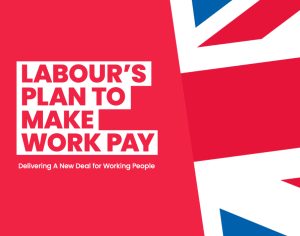Many SME owners find themselves frustrated when they consult a lawyer or accountant, because the advice they receive feels generic, instead of tailored to the individual needs of their business. But the good news is, SMEs can avoid this experience by following a few simple steps in order to make sure they get the most out of what they’re paying for.
So, what are they?
Firstly, consult advice early on – the sooner, the better. If you leave it until the last minute, when things have already gone wrong, it will be much more complicated, costly, and time-consuming to fix the problem. Taking advice at the outset will save you money and time later down the line.
When seeking advice, you should make sure the lawyer and/or accountant fully understands and has experience in your sector. Don’t be afraid to ask questions, and expect detailed responses to show that your adviser has the necessary knowledge and skill to deal with sector-specific queries. It would be a good idea to come prepared in advance with the questions you want to ask.
In fact, being prepared is one of the most useful ways for SMEs to ensure the advice they receive is tailored to their individual needs. Make sure you know what you do and don’t need advice on before you speak to a lawyer and/or accountant, so you can help to steer the conversation with them in the right direction. Keep in mind that your adviser will charge for their time, so if you know what you want to ask from the get-go, you won’t be left out of pocket – while simultaneously making it very clear what is important to you, and what isn’t.
It’s also worth taking the time to build a good relationship with your lawyer and/or accountant – often they will be advising you for the long-term, and so the more you invest in the relationship, the more you will benefit from it. A big part of this centres around mutual trust. You should trust your adviser, for example, when they charge you a certain price – especially if you’ve looked elsewhere and received similar pricings. And you need to make sure that they trust you too – be open and don’t hide things, even if you’re worried you’ve done something wrong (otherwise, it will be much harder to find a solution to what you need, and it will end up taking more time). You should also be transparent about what your expectations are – for example, your adviser will appreciate knowing what your budget is, as it is how they make a living after all, and helps them plan accordingly.
But you should also get to know each other, and have a bit of fun. You don’t always have to be serious, even if what you’re discussing is – it’s okay to also share interests and anecdotes from your personal life. Plus, if your business sells products, share them with your adviser – it will help build up a good relationship between you (and they could even become champions for your products)!
Following the above pointers will help SMEs get what they truly want when consulting a lawyer and/or accountant: bespoke advice that suits the unique needs of their business.
Share via:










































